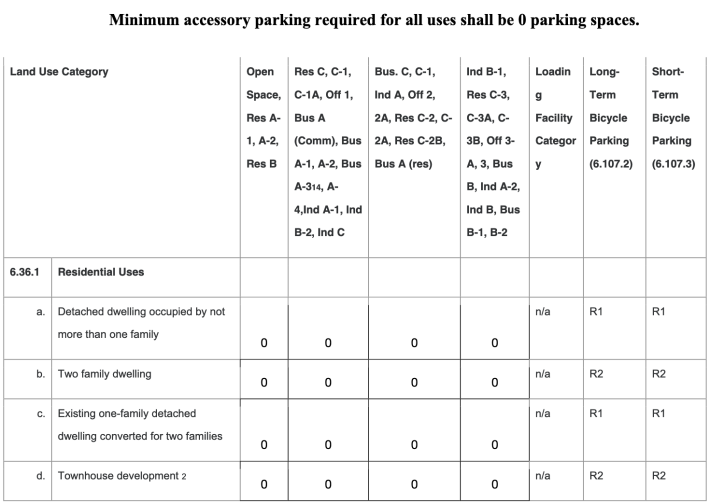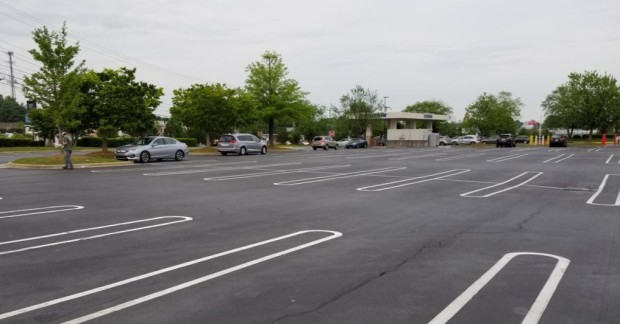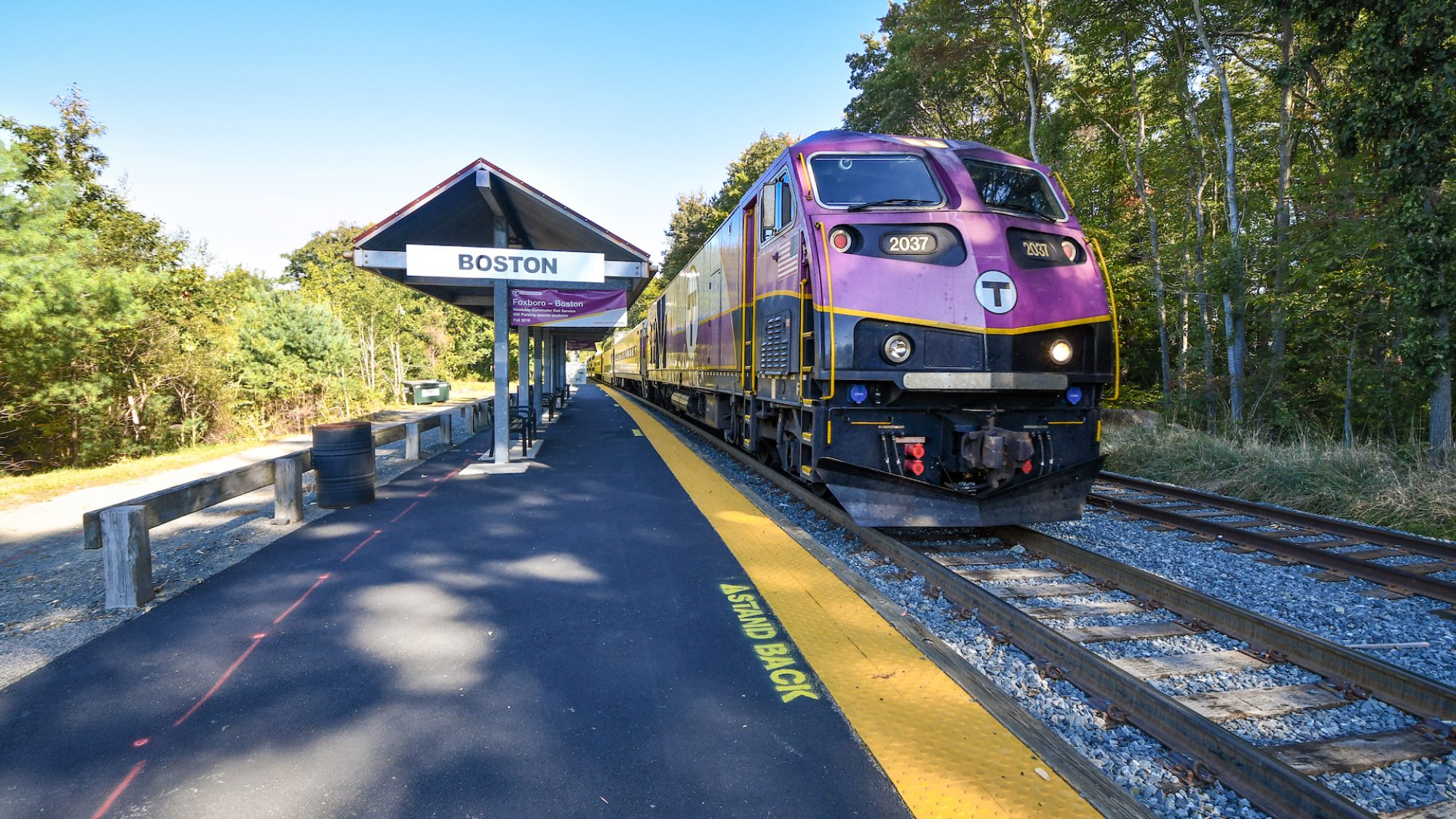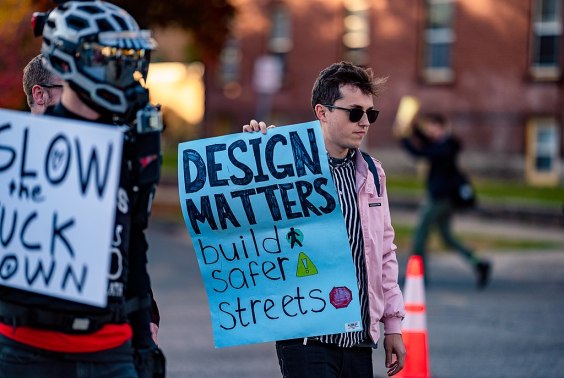The City of Cambridge has officially removed off-street parking requirements from the city's zoning code in an effort to legalize the construction of new housing and commercial spaces for car-free residents and workers in the city.
"The minimum accessory parking required for all uses shall be zero (0) parking spaces," according to the zoning language that passed in last night's City Council meeting in an 8-1 vote.
The new zoning rules have been in the works since April, when co-sponsors Burhan Azeem, Quinton Zondervan and Marc McGovern passed a policy order calling on city staff to draft new zoning language that would eliminate minimum parking requirements from city laws.
In the months since then, staff drafted the new language, vetted it in the city's Ordinance Committee, and sent it to the full City Council for a first reading earlier this month.

Councilor Dennis Carlone was the only city councilor to oppose the amendment at the second reading last night.
“This is an easy win when one-third of Cambridge households don’t own a car,” Councilor Azeem told StreetsblogMASS in April. “Parking spaces cost tens of thousands of dollars per spot to build, which in turn makes rents higher, and it’s space that can’t be used for housing. It’s an unfair subsidy for car owners, and it’s unfair of the city to require it when most of our residents don’t use it.”
The city's minimum requirements for bicycle parking will remain in force.
Cambridge had previously, in 2014, set a goal to reduce the number of registered vehicles per household in the city to roughly 0.8 cars per household by 2020.
According to 2021 American Community Survey estimates, the city missed that goal, with about 0.87 cars per household. But it is making progress: in 2013, there were an estimated 0.93 vehicles per household in the city.
The Census Bureau also estimates that 33.7 percent of Cambridge households don't own a car. That segment of the city's population is slowly getting larger, up from 28 percent of the city's households in 2000, and 31 percent of households in 2013.






